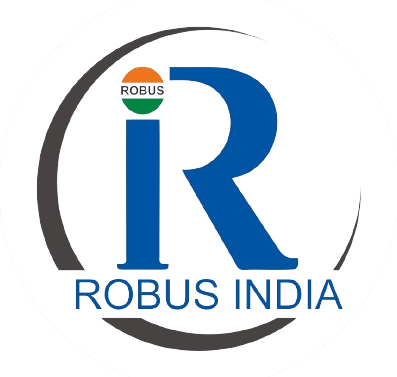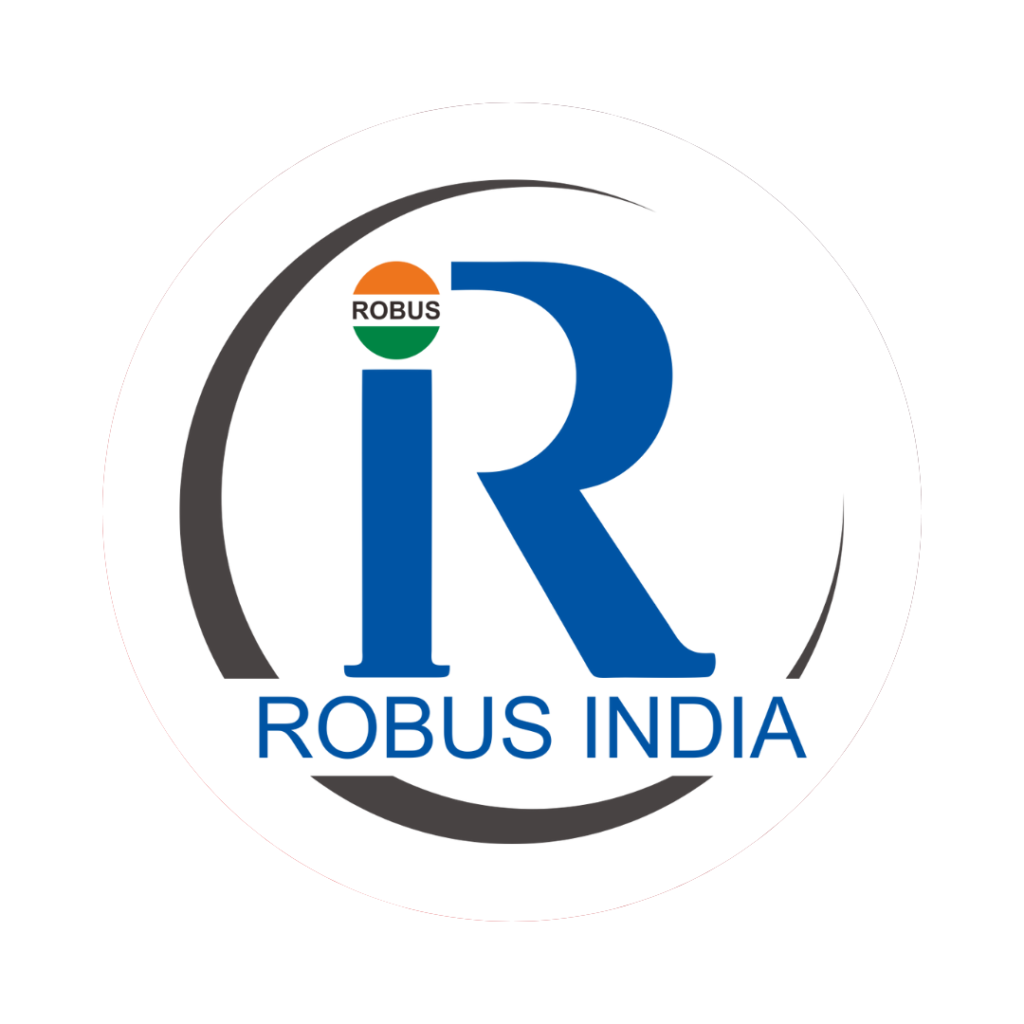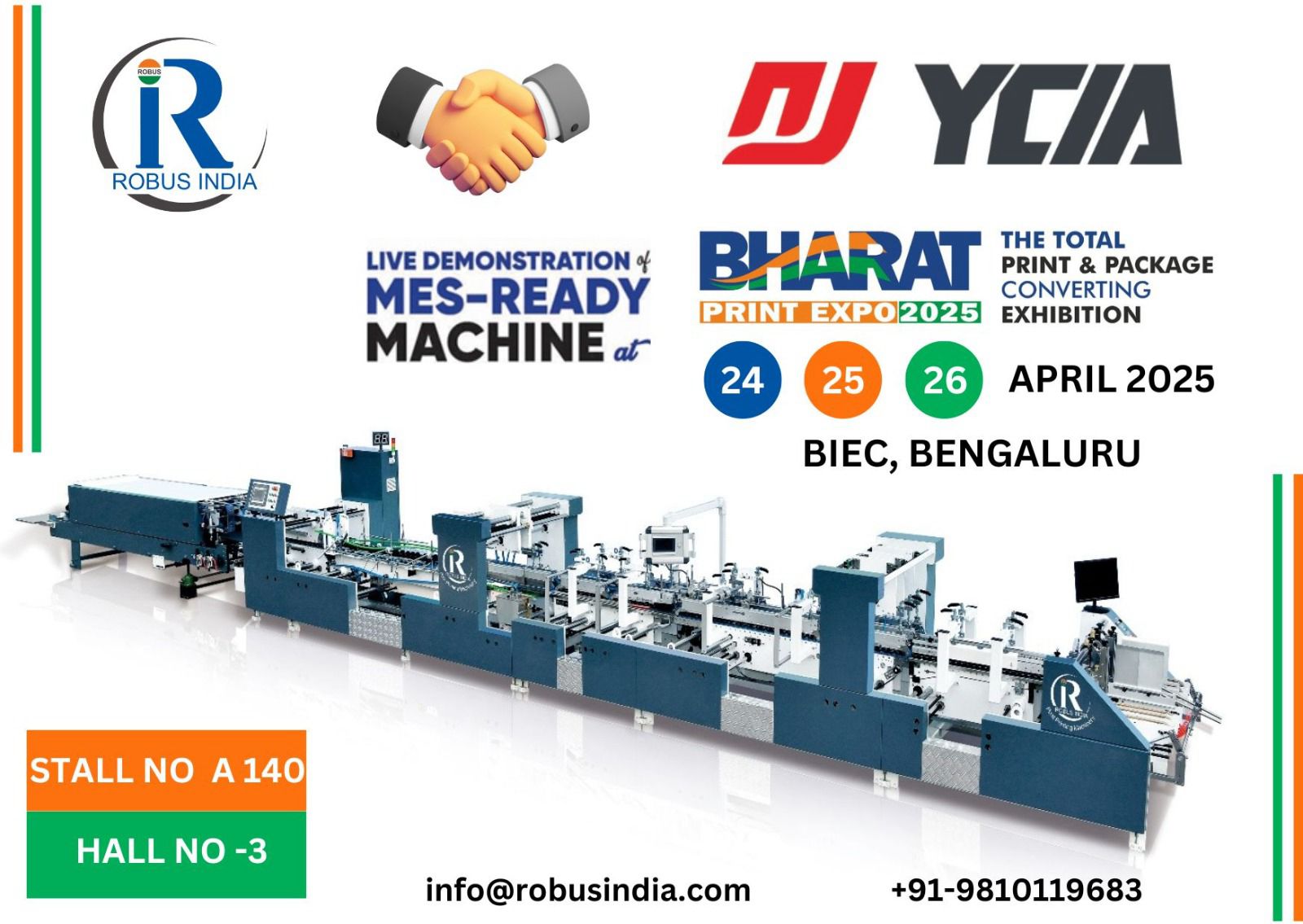Introduction
Choosing the right die cutting machine is a crucial step for businesses involved in manufacturing, packaging, crafting, or any production environment where precision cutting is required. A die cutting machine can improve productivity, enhance output quality, and optimize costs, but only if it aligns with your specific needs. As the market offers numerous options with varying features, price points, and capabilities, it becomes essential to assess your requirements before making an investment.
Understanding the Role of a die cutting machine
A die cutting machine is designed to cut shapes, patterns, or designs from materials such as paper, cardboard, plastic, rubber, metal sheets, or fabric. These machines come in manual, digital, and automatic formats. Businesses in the packaging, signage, label manufacturing, garment, and crafting industries often depend on die-cutting technology to maintain quality and consistency.
The functionality and accuracy of a die cutting machine directly influence the final product’s appeal. Therefore, before purchasing one, it’s essential to understand its purpose within your operational workflow.
Assessing Business Needs and Application Type
Before diving into the technical aspects, assess your business’s specific requirements. Are you looking to perform simple cuts, or do you need intricate designs and embossing features? Will the machine be used frequently or for occasional runs? Is the operation focused on high-volume industrial production or small-batch artisanal crafting?
For instance, a packaging company may require high-speed precision and automated feeding systems to maintain output levels. In contrast, a boutique craft business may prioritize versatility over speed, focusing on the ability to experiment with materials and patterns.
Understanding your use case is the first step in narrowing down the ideal machine type.
Types of die cutting machines
There are several kinds of die cutting machines, each serving a distinct function. Manual die cutters use pressure and physical dies to cut materials. They are affordable and ideal for low-volume, simple tasks. Digital die cutting machines use blades or lasers controlled by software and offer greater flexibility, especially when dealing with custom designs. Hydraulic die-cutters are used in industrial settings for mass production and heavy materials.
Flatbed and rotary die-cutters are also options for large-scale industries. Flatbed cutters work best for thicker materials and larger shapes, whereas rotary die-cutters are suitable for continuous, high-speed operations.
Choosing between these types depends largely on your business’s size, frequency of production, material type, and budget.
Material Compatibility
Not all die cutting machines are suitable for all materials. While some machines are excellent at cutting thin materials like paper and vinyl, others can handle leather, metal sheets, foam, and rubber. It’s important to determine the primary materials your business uses and match that with the machine’s capability.
Material compatibility also affects the wear and tear of the machine. Using a machine for unsuitable materials can reduce its lifespan and lead to increased maintenance costs. Always consult the manufacturer’s material list and perform test runs before full-scale production.
Precision and Cutting Quality
Quality cannot be compromised, especially in industries where final product aesthetics and uniformity matter. Machines with computer-controlled operations tend to offer higher precision and are less dependent on operator skill. Consistent cut depth, smooth edges, and alignment accuracy can differentiate a quality product from a substandard one.
Laser die cutters, for example, offer high precision and are great for detailed designs. However, they come at a higher cost and may require proper ventilation systems to handle the smoke and residue from certain materials.
Speed and Efficiency
Productivity is often tied to cutting speed. For businesses working on tight deadlines and large quantities, an automated machine with high cutting speed is a must. However, speed should not come at the cost of precision. Look for machines that strike the right balance between both, especially if your orders involve customization or complex designs.
Speed also depends on factors like feeding mechanisms, die-switching times, and material type. If your operations demand fast turnaround, these variables must be evaluated before finalizing your machine.
Software and Automation Features
Modern die cutting machines come equipped with software integration features that support automation. They allow users to upload digital templates, adjust design parameters, and queue jobs remotely. This is especially beneficial for businesses that rely on design customization and repeatability.
Look for machines with intuitive interfaces, design software compatibility (like Adobe Illustrator or CorelDRAW), and cloud-based features. These can drastically reduce the time taken from design to production, minimizing errors and manual adjustments.
Automation also plays a role in reducing human dependency. Machines with auto-alignment, self-cleaning, and maintenance alerts ensure smoother operations and fewer interruptions.
Durability and Maintenance
An industrial-grade die cutting machine is a long-term investment. The machine’s build quality, warranty, availability of spare parts, and ease of maintenance should be factored into your decision-making process. Sturdy construction ensures the machine can withstand heavy use and last for years.
Routine maintenance, such as lubrication and blade replacement, should be straightforward. Availability of customer support and service centers in your area is another important consideration to ensure minimal downtime during mechanical issues.
Safety Standards
Die cutting machines, especially those operating with heavy-duty or high-speed parts, must comply with safety norms. Machines with safety shields, emergency stop buttons, and automatic shutoff features offer better protection for your operators.
Training and safety documentation should be provided by the manufacturer or vendor. Prioritize machines that are certified by regulatory bodies and conform to international safety guidelines.
Budget and ROI Considerations
Price is a significant factor, but it should not be the only deciding element. Consider the total cost of ownership, which includes the initial cost, maintenance expenses, software licenses, and power consumption. Sometimes, a higher upfront investment in a durable, automated machine results in better returns over time.
Estimate the ROI based on how the machine will improve your turnaround time, reduce labor dependency, and enhance product quality. If your production volume is expected to grow, opt for a scalable solution that can meet future demand without requiring a complete upgrade.
Vendor Reputation and After-Sales Support
A reliable vendor can make a significant difference in your post-purchase experience. Choose Robus India who provides detailed training, timely installation, regular maintenance, and prompt support. Reading user reviews, checking testimonials, and contacting current users can offer insight into the machine’s performance in real-world settings.
Some vendors also offer upgrade paths or trade-in deals, making it easier for businesses to adapt to changing requirements.
Conclusion
Selecting the right die cutting machine requires a thorough understanding of your business operations, production needs, material types, and growth plans. From evaluating precision and speed to considering software integration and maintenance requirements, each element plays a role in determining the perfect fit for your enterprise. By focusing on long-term value over short-term savings and prioritizing quality, you can ensure that your investment yields high returns and operational efficiency.




